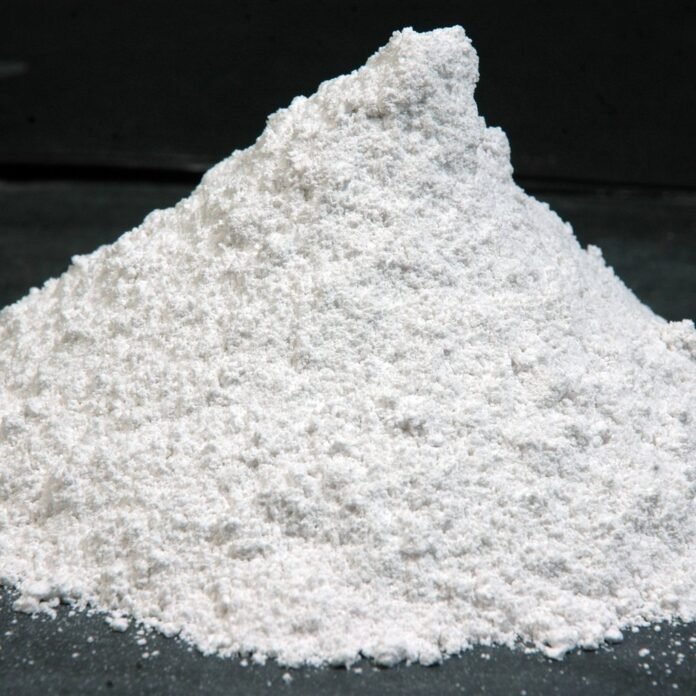Calcium carbonate is a naturally occurring compound that plays a significant role in the structure and composition of various types of rocks. It is commonly found in sedimentary rocks, including limestone, marble, and chalk. Understanding why this compound is so special and its influence on rocks can provide insights into geology, mineralogy, and industrial applications.
The Role of Calcium Carbonate in Rocks
Calcium carbonate is a key component of many rock types, especially those formed from sedimentary processes. Over time, this compound is deposited in oceans, lakes, and rivers, where it combines with other minerals to form rock layers. For example, limestone is predominantly made of calcium carbonate that has crystallized over millions of years. These rocks are often rich in fossils and provide a historical record of the Earth’s climate and biological evolution.
How Calcium Carbonate Forms in Rocks
Calcium carbonate forms in rocks through various natural processes. One of the primary ways it occurs is through the precipitation of calcium carbonate from water. When water containing dissolved calcium ions and bicarbonate ions evaporates or cools, the calcium carbonate begins to crystallize and settle as a solid. This process can take thousands to millions of years, creating large deposits of calcium carbonate in the form of limestone and marble.
Another way calcium carbonate forms in rocks is through the accumulation of shells and skeletal remains of marine organisms. Over time, these materials compact and solidify into sedimentary rock layers. This process is especially common in regions with abundant marine life, where calcium carbonate plays a crucial role in the formation of coral reefs and other marine structures.
Calcium Carbonate in Industrial Applications
Beyond its role in geology, calcium carbonate also has a wide range of industrial uses. In the manufacturing industry, it is used as a filler material in products such as paper, plastic, paint, and rubber. Calcium carbonate powder, for example, is an important ingredient in various manufacturing processes due to its ability to improve the strength, durability, and quality of materials. It is also widely used in the production of cement, where it helps in the formation of concrete and other building materials.
Additionally, calcium carbonate is used in agriculture to improve soil quality. It can neutralize acidic soils, making them more suitable for growing crops. This helps in enhancing crop yields and promoting healthy plant growth.
Importance of Calcium Carbonate in the Environment
In the environment, calcium carbonate plays a vital role in the carbon cycle. When calcium carbonate breaks down, it releases carbon dioxide, a greenhouse gas. This natural process helps regulate the Earth’s climate and maintain a balance in atmospheric carbon levels. As such, the carbon content in calcium carbonate is of particular interest to scientists studying climate change and global warming.
Calcium carbonate also contributes to the formation of stalactites and stalagmites in caves. These fascinating structures form as water containing dissolved calcium carbonate drips through cave ceilings, where the mineral precipitates and creates beautiful rock formations over time.
Conclusion
Calcium carbonate is a versatile and important compound found in many rocks. Its ability to form through natural processes, along with its numerous applications in industry and agriculture, makes it special. As one of the most abundant minerals on Earth, calcium carbonate continues to shape both the natural world and human-made environments. The contribution of calcium carbonate to rocks and the wider ecosystem highlights its significance in geology, industry, and the environment.



